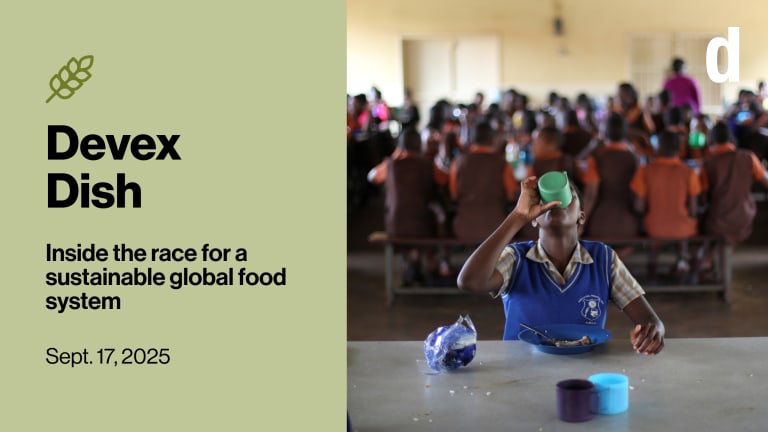
Prisca Malesa used to walk 5 kilometers (3.11 miles) to get to her school in Salima district in central Malawi. The 12-year-old grade six student said the long walk would tire her out before she even got to school. Once she made it to school Malesa and 60 other students would learn in a makeshift shelter. She said this environment affected her performance.
In addition to the long distances children travel to school, Malawi, like many African countries, has a shortage of classrooms. UNICEF estimates that the country has a shortfall of 36,000 classrooms. The country also has a student-to-teacher ratio of 99-to-1 resulting in poor student performance.
According to Goodsoil Partners, an NGO that provides scholarships and guidance to Malawian school-age children, an average classroom in Malawi has 119 students, a stark contrast to the United States where an average classroom has 23 students.
Malawian students face yet another setback after tropical storm Ana
Education specialists said the infrastructure damage and trauma caused by tropical storm Ana will have a lasting impact on learners who were still recovering from COVID-19 disruptions.
But 3D-printed schools which can take just 24 hours to construct may offer solutions to the continent’s classroom shortages. Malesa’s new school, which is also the world's first 3D-printed school, was constructed by 14Trees, a joint venture between Holcim and British development finance institution British International Investment.
The school which is located in Kalonga village in Salima district was constructed in 18 hours. It has the capacity to accommodate 70 students, according to Juliana Kuphanga Chikandila, primary education adviser for the Yembe education zone where the school was constructed.
Chikandila said that though the school has shortened the distance children used to travel to the nearest school and improved access to education in the area, her district still has a shortage of 50 schools.
UNICEF estimates that it would take 70 years to build the 36,000 classrooms that are needed nationwide using conventional methods. But according to 14Trees this infrastructure gap could be bridged in just 10 years with 3D printing.
Francois Perrot, managing director of 14Trees, said the company is working with different partners to build 3D-printed schools in several African countries.
“Feedback from NGOs and international organisations has been extremely positive and we are now working on 3D printed school projects in several countries such as Kenya, South Africa, Madagascar and of course Malawi,” Perrot wrote in an email. Adding that the organization is working on rolling out the technology for home and school construction across Africa and plans on building the world's largest 3D-printed housing projects in Kenya, South Africa, Tanzania, and Nigeria.
“In the last months we have managed to manufacture, in Malawi, the very technical product which is needed for printing - the concrete 'ink' - and this has helped to reduce our production costs further and offer this technology at an even more competitive price, every month we are improving our production process so that we make that technology even more environmentally friendly and affordable,” he said.
A study on the effectiveness of 3D-printing technology found that apart from reducing the time it takes to build a structure, the technology also reduces the cost of building a structure by 25.4% and carbon emissions by up to 85.9%.
Maggie Grout, founder and CEO at Thinking Huts, a nonprofit that worked with 14Trees on the construction of a 3D-printed school in Madagascar last month, said scaling up production could further lower costs.
But Menard Sauka, a civil structural engineer at Tetra Tech, said financing the technology still poses a major challenge as large 3D construction printers cost over $100,000.
Grout and Perrot are however optimistic that as potential donors become more familiar with the technology there will be greater levels of interest to fund the 3D construction printing technology.
“We are seeing a very strong interest from donors and investors,” Perrot said. “They are particularly interested in the CO2 savings and how it can help clear the housing and school backlog in Africa in a sustainable way."




